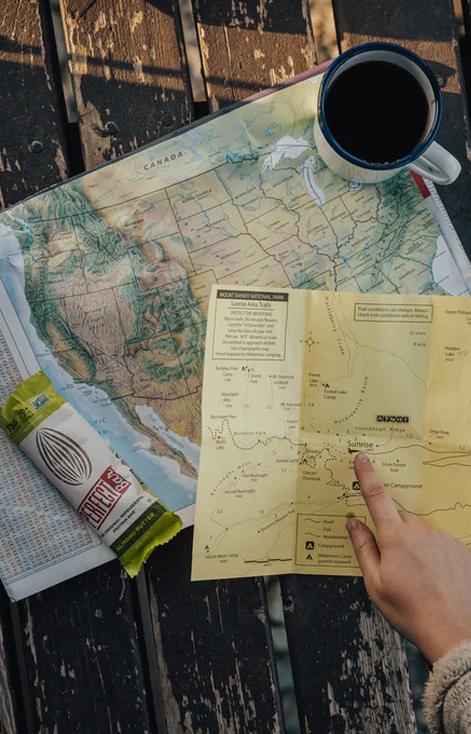25 weird and unusual facts from the magical world of coffee

Strange, strange, unusual or just interesting, 25 information that will make you see coffee with another eye.
Closing each year is the ideal time for lists: lists of the best time of year or decade to go, as well as a list of what we want to do next year. Shopping lists, gift lists, guest lists, paper lists, lists on the mobile phone or just in our minds!
Faithful to the list, we've compiled a list of 25 weird, unusual or just interesting things from the coffee world - all it takes for a relaxed, fun few-minute read, always with a mug of coffee in hand.
25 weird and unusual facts from the magical world of coffee
 Coffee in numbers
Coffee in numbers
- Brazil has more than 4,000,000,000 coffee trees
- Scandinavian countries head first in coffee consumption, with Finland leading
- If one combines all the sizes, all the companions and all the recipes in all the Starbucks in the world, one can prepare about 87,000 different drinks.
- More than 1,400,000,000 cups of coffee are consumed worldwide every day
- The coffee industry employs 25 million people worldwide - not counting the number of catering workers.
From coffee's history
- Before coffee became a drink, the Ethiopians (the first people to discover it) used to mix crushed coffee beans, along with fruit flesh and sheep fat, making history's first energy bars.
- The Ethiopian tribe of Oromo considered the coffee trees sacred, to the point that they were planted next to sorcerer's graves.
- The Arabs strictly prohibited the export of coffee seeds from their land until a 17th-century Muslim pilgrim, Baba Budan, was able to hide seven seeds on the seams of his clothes. Most of the modern coffee trees are descendants of those seven seeds of Baba Budan.
- The name 'coffee' comes from the Arabic word 'qahwah' which means 'wine'.
- The spread of coffee was started by the Dutch colonists and first spread to Asian lands, before moving to South America and the rest of Africa.
- The coffee tree offered by King Dutch merchants to the King Louis was the basis for the spread of coffee in the Caribbean, through the French colonies and from there to South and Central America. Most Latin American coffee trees are descendants of the "Louis Tree"
- The first coffee shop (in the modern sense of the term) opened in 1475 in Istanbul.
 Coffee and health
Coffee and health
- The world's oldest cat died at the age of 38, according to the Guinness Book of Records. Her owner claims that Crème, as the cat's name was, drank a cup of coffee every day.
- Before the spread of coffee, Europe's most popular breakfast drink was beer. The reason is both its calorific value, which was necessary for the harsh working conditions of that time, and the fact that potable water was difficult to find.
- Plane filter coffee has about one calorie per mug
- Decaffeinated coffee sales are rising significantly every January, probably due to people aiming for the new year to quit or reduce coffee.
- Coffee can be toxic to the human body only if consumed in extremely large quantities - in order for an adult to be put to death, he must consume over 100 cups of coffee in a short period of time.
- Caffeine takes only a few minutes to act on the central nervous system.
Other facts from the coffee world
- Used ground coffee, in addition to being used as a fertilizer or as a cosmetic ingredient, has been used successfully for biofuel production - the day our cars are driven by coffee may not be long.
- For reasons related to the density and ingredients of milk, hot coffee maintains a temperature of 20% more if we have added milk.
- Roasting affects the taste of coffee but not its caffeine content.
- One third of tap water in the US is used to make coffee.
- Americans believe that the two most pleasant smells are the smell of burnt wood and fresh coffee.
- The only reason a wife could divorce her husband in medieval Arabia was his inability to bring home good coffee.
- The largest coffee beans belong to the Maragogype variety, an Arabica species that grows in Nicaragua, also called "Elephant Beans", while the smallest beans belong to the Yemeni Mocha variety.
Coffee of course does not end here, nor of course its curiosities. Have a nice holiday, with lots of love, joy and very good, delicious and fragrant coffee!










